Introduction
Pork hocks consist of bone and meat found around a pig’s hind leg joint. It has bone, tough meat pieces, collagen, connective tissue, and all covered by skin and fat.
It commonly gets cured using salts and smoked, yielding a flavorful broth and tender meat used for stews and soups. So, can dogs eat pock hocks?
Pork hocks are not considered safe foods for your dog. Its bones and the high levels of fat and sodium content render it an unhealthy choice for your dog’s balanced diet.
Dangers of Your Dog Eating Pork Hocks
The bottom line to feeding pork hock to your dog is, it can be unhealthy, and experts advise against it. Giving your dog smoked hocks isn’t safe with the risk of possible health problems.
If your dog accidentally consumes large quantities of hocks bone or meaty smoked part, you need to contact your vet. The following are the main reasons why pig hocks are unhealthy.
Salt Overload
Sodium gets used as the main ingredient for flavoring and preservation for smoked meats and foods. Salt is a natural substance necessary for your dog, but too much of it may cause serious health issues.
According to wagwalking.com, the high presence of salt in your dog’s blood can lead to muscles losing moisture, shriveling, and becoming stiff. That will further make the dog have jerks and shaking.
Excess salts can also cause dehydration of brain cells as the water gets released to dilute salts present in the bloodstream. That leads to neurological issues like coma, convulsions, and death. Other health issues are fainting, confusion, faster heartbeat, and breathing difficulties.
Cooked Bones
Your dog may get into danger when eating bones, especially when cooked, as they can splinter. The splintered bone can cause inner body wounds or can get swallowed hence leading to choking.
If lodged in your dog’s internal organs and digestive system, bleeding and vomiting issues may arise. In that case, you need to contact your vet immediately.
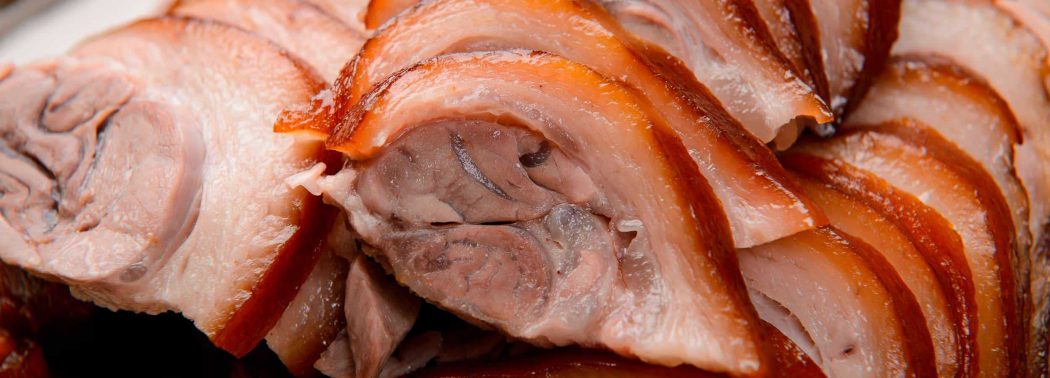
High Levels of Fats
Although fats are essential in a dog’s diet, too much compared to energy requirements can become a problem. The excess fat gets converted into body fat and then stored in the dog’s fat cells.
High contents of fat will lead to your dog becoming obese and getting acute pancreatitis. When the fatty content becomes stale, it destroys the vitamin A, E, and linoleic acid causing their deficiency. Other potential health issues include diabetes, heart disease, and decreased immune system.
Helping Tips if Dog Eats Pork Hock
If your dog eats just a small amount of smoked hock, you don’t have to worry too much. You can check for any abnormalities, and if any, contact your vet. If it’s a big bone the dog has swallowed, the following tips get recommended.
Use a Pumpkin
After eating excess bones, the dog may suffer from stomach upsets and diarrhea. Using a pumpkin avails your dog of notable benefits like enhancing its digestive health. It soothes its stomach and increases stool bulk making it pass through easily and lowering the PH of large intestines.
Feeding Bread
Feeding bread helps in coating the bone fragments lessening the risk of intestinal tract damage.
Sources
- People Foods to Avoid Feeding Your Pets, Joanna Ehlers, 2020
- Salt Poisoning in Dogs, Hannah Hollinger, 2021
- Fat in Dog Nutrition, Elmo’s Kitchen, 2021
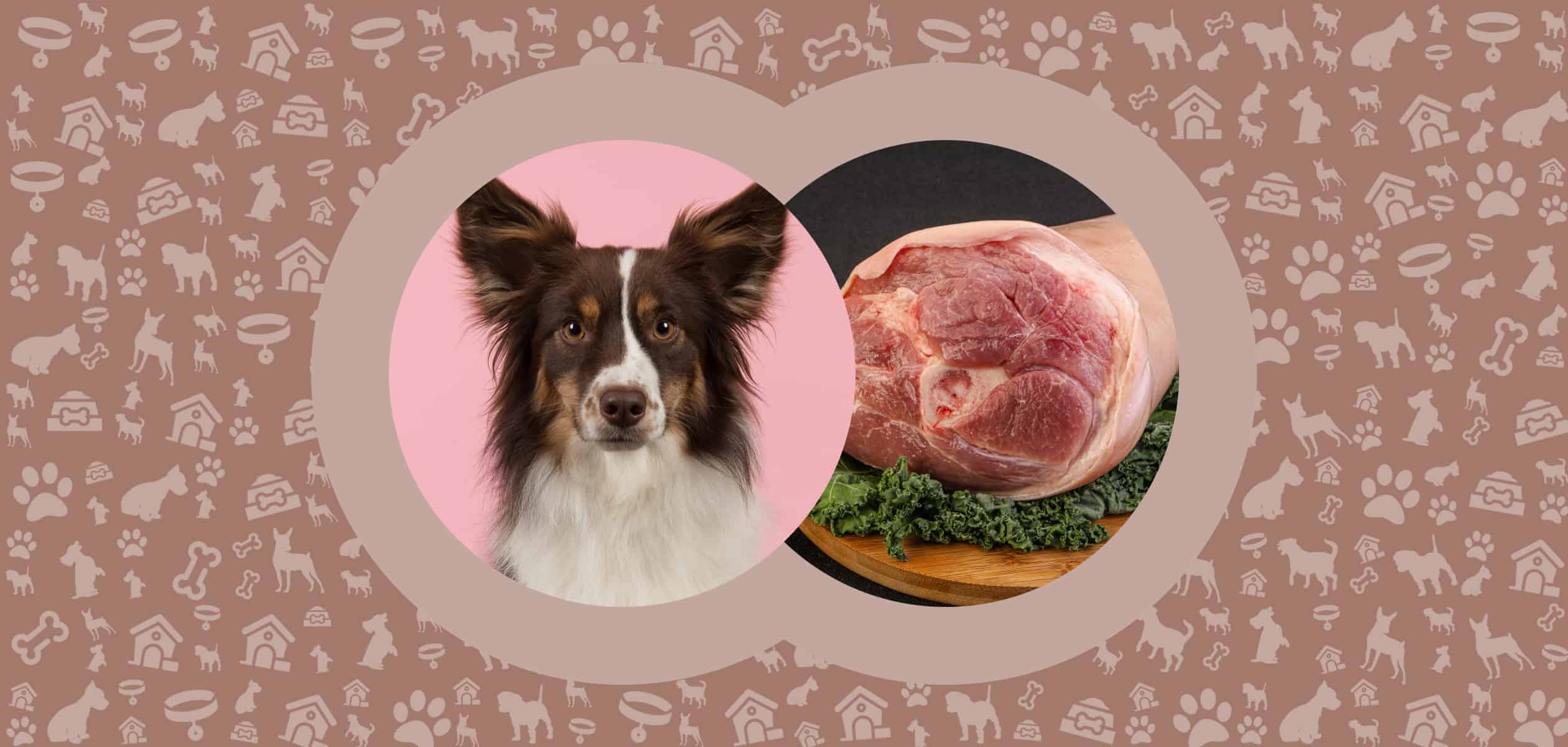
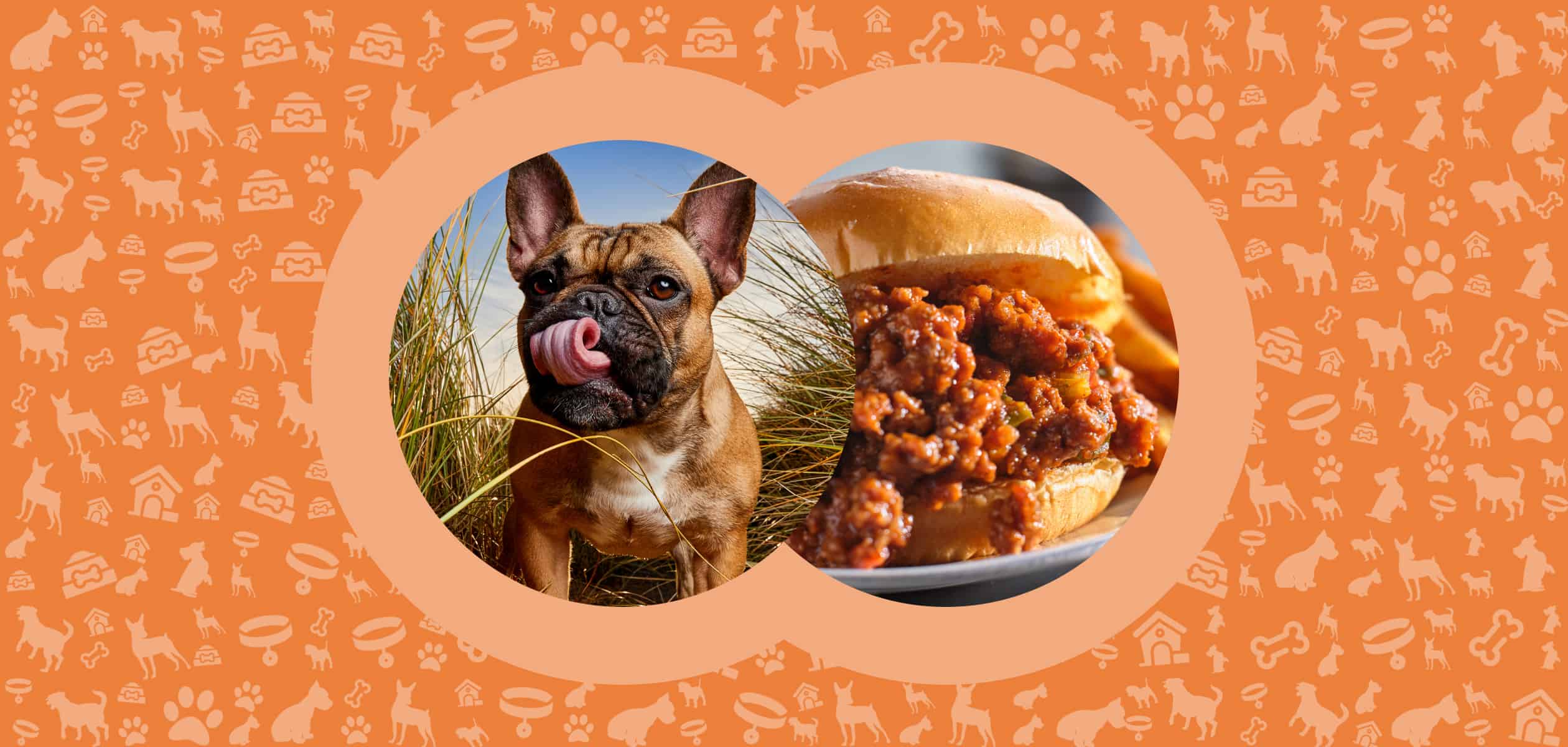
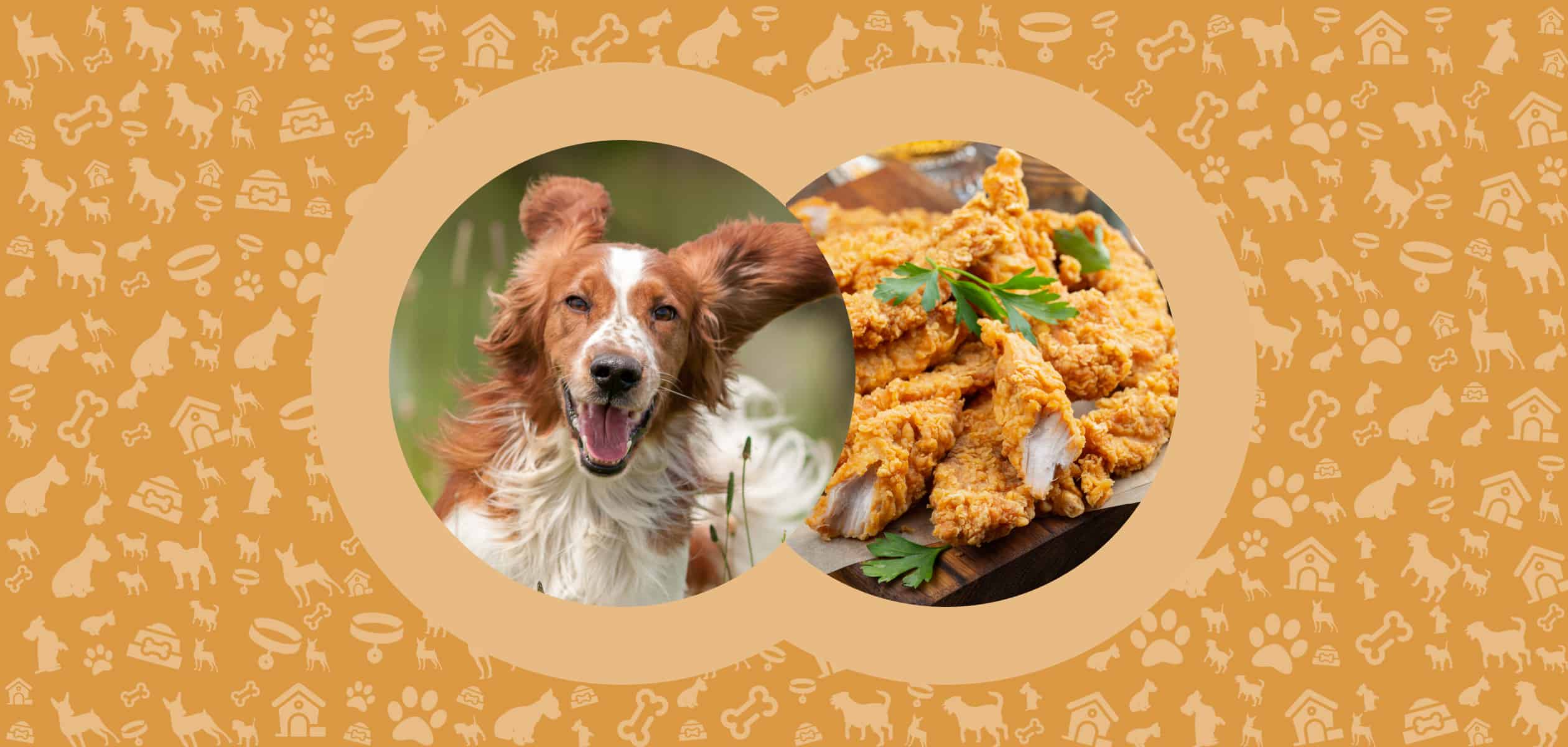
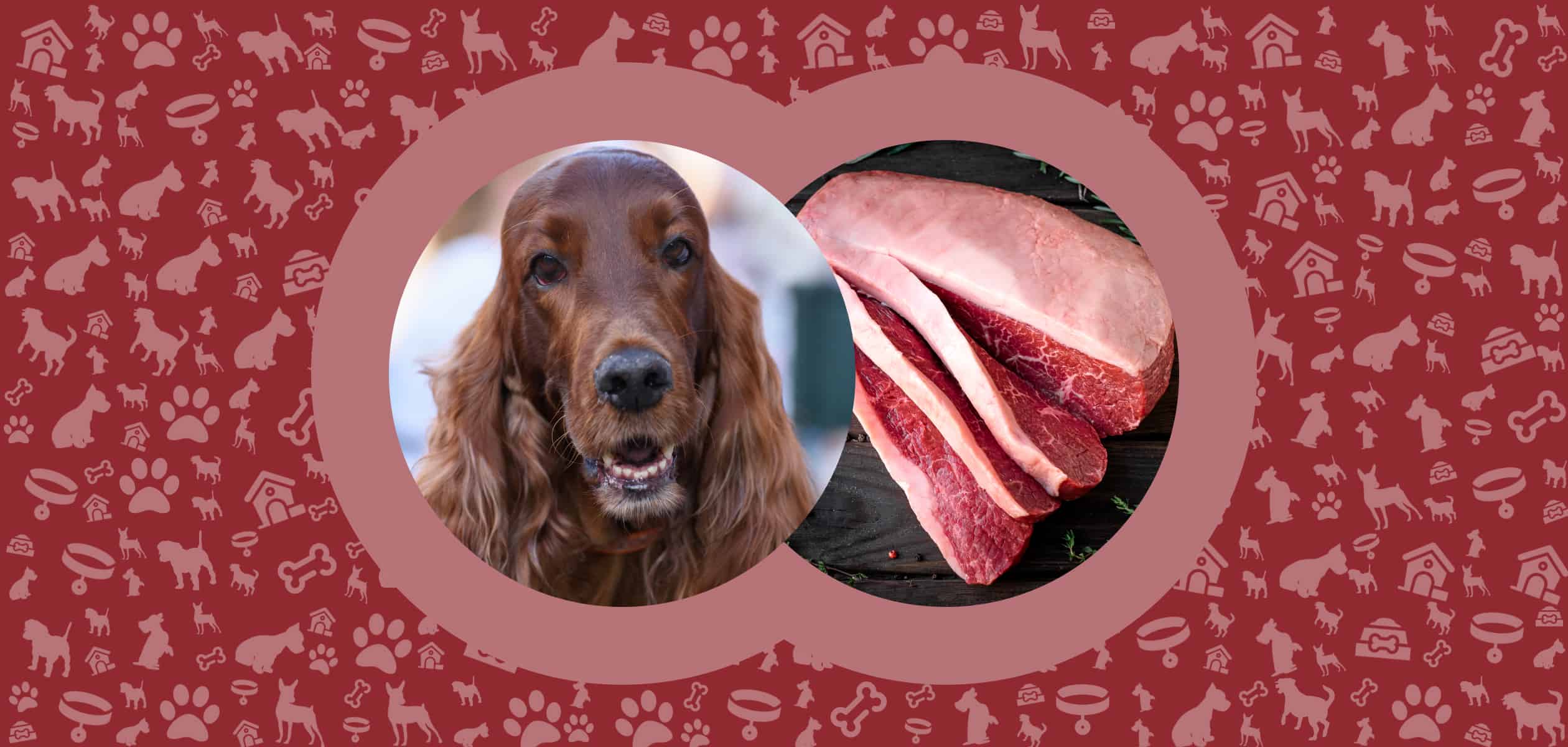
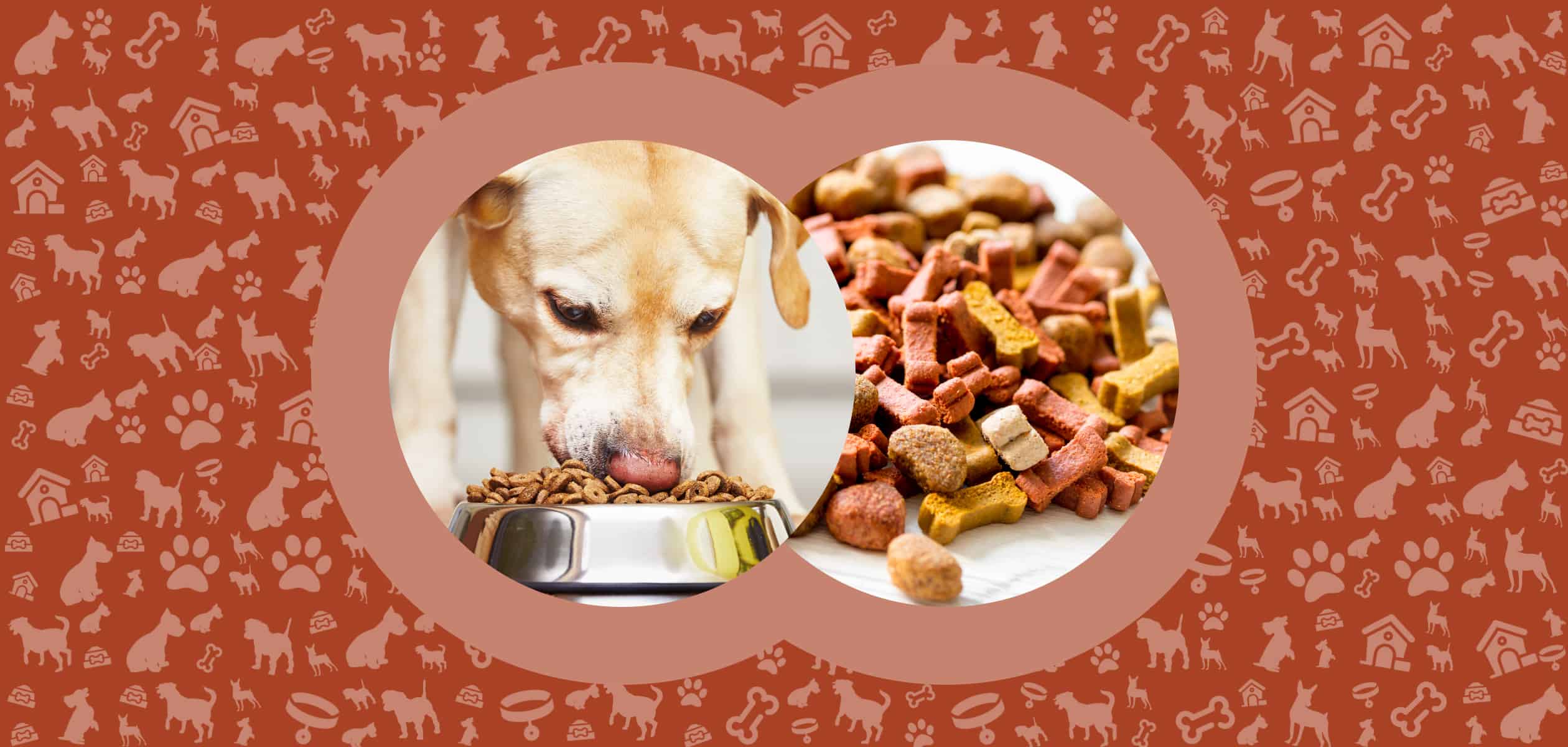
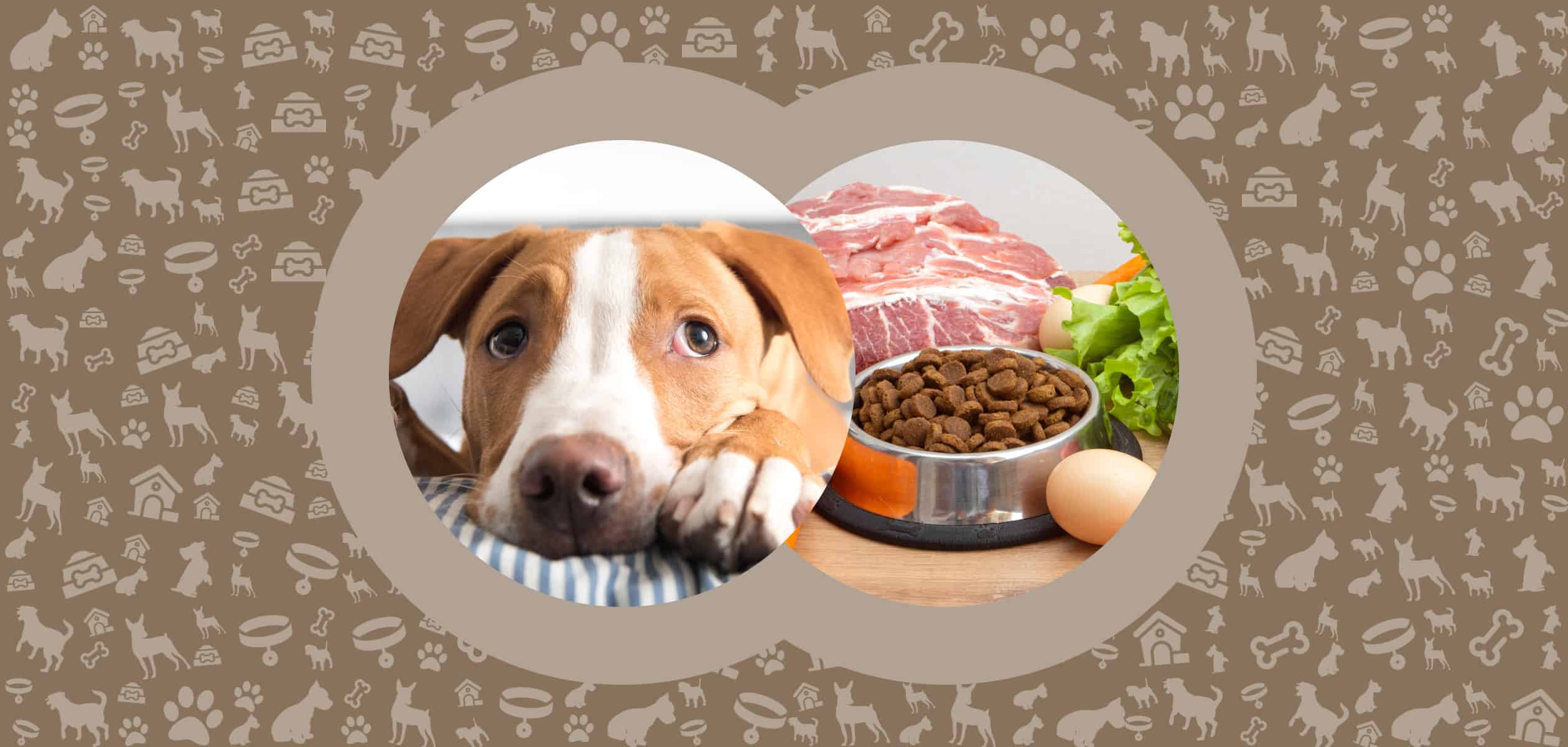
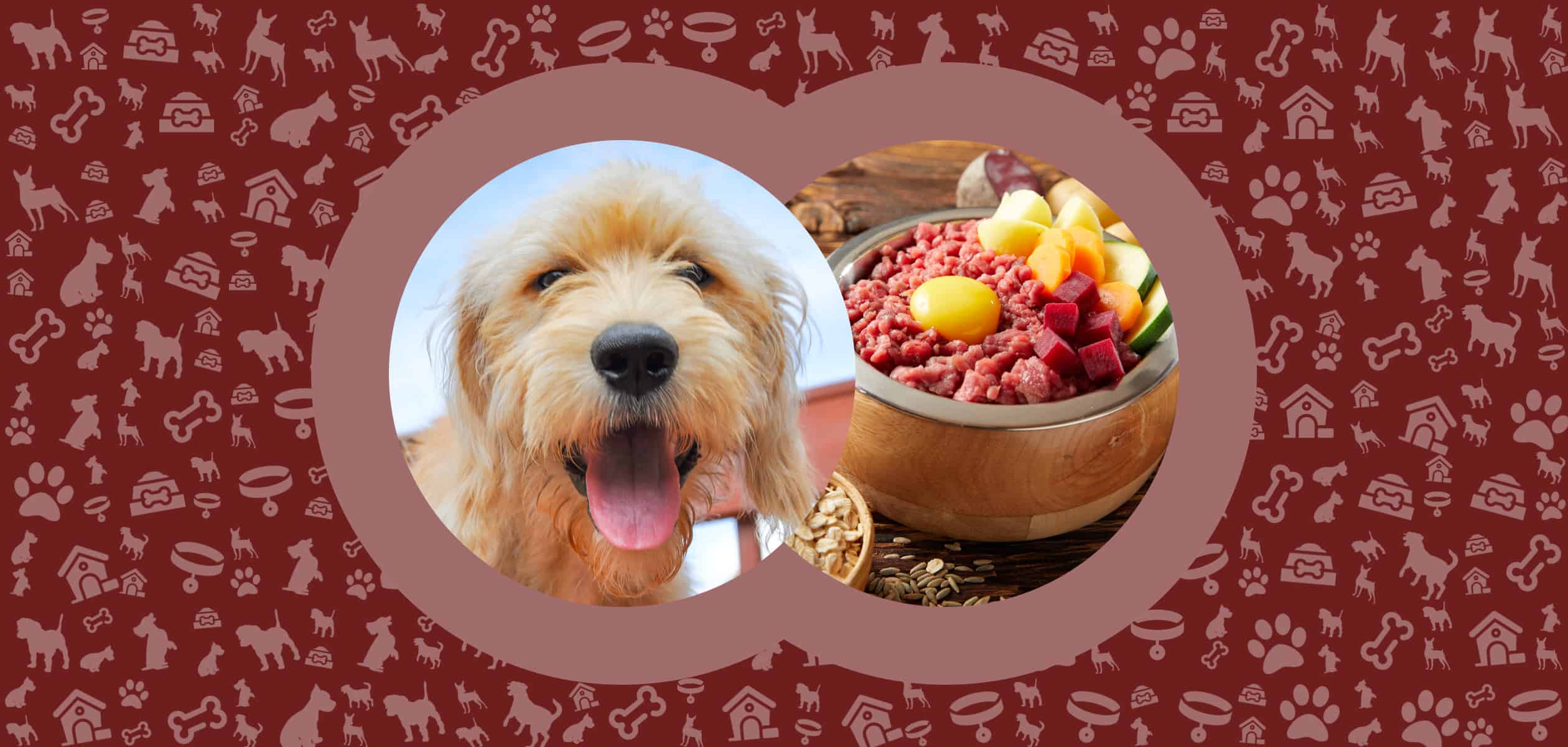
Leave a Comment